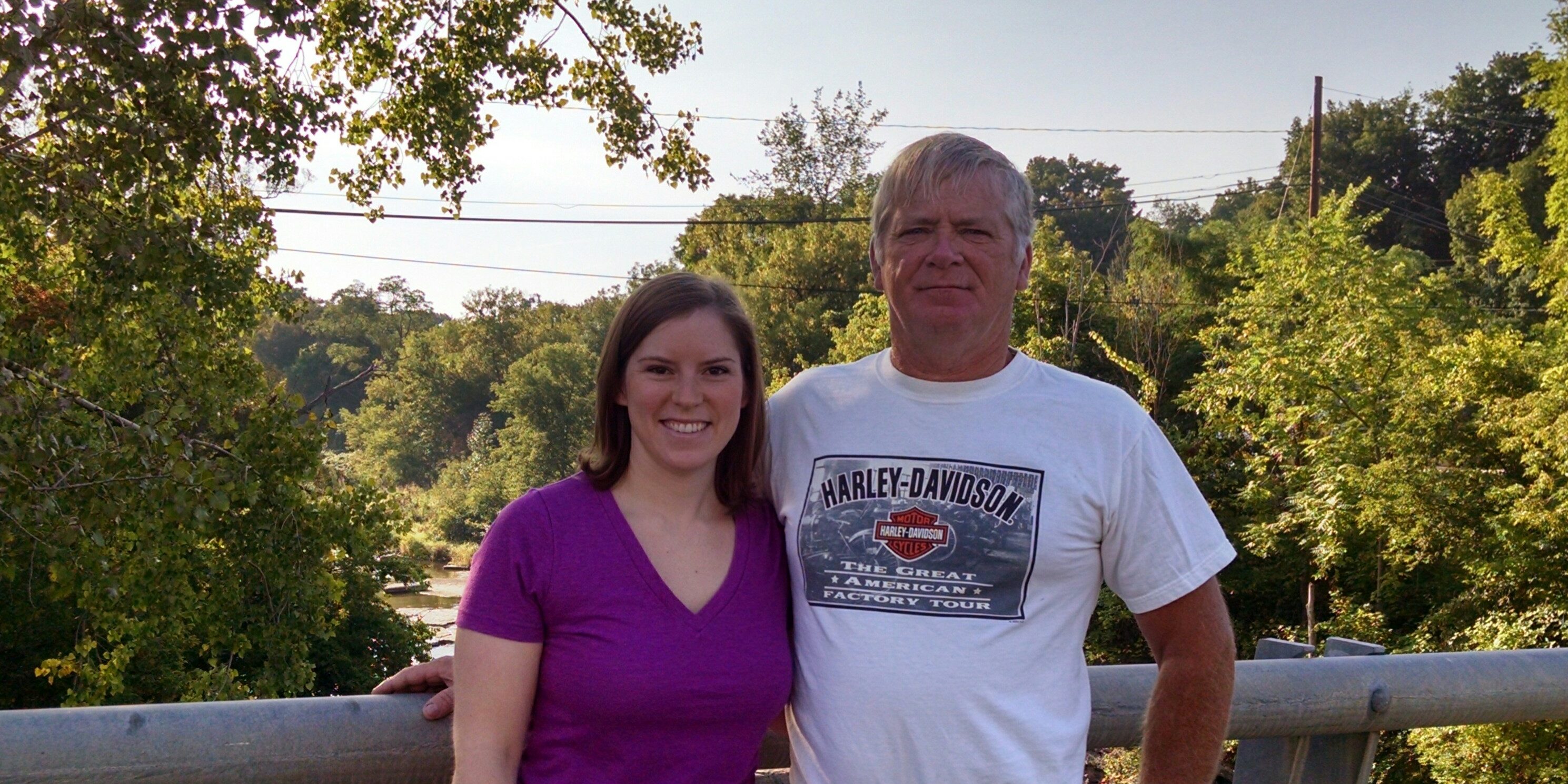I missed my father’s birthday last week. No gift, no card, no call; I forgot. I remembered the next day and gave him a call. I figured I could wish him a happy birthday in a public way to help make up for it. He’s not on Facebook so here it is: HAPPY BIRTHDAY, DAD! I’m especially grateful he was able to spend his birthday enjoying the northern New York sunshine and perfect temperatures – because last year he spent it recovering from heart surgery.
Sadly, animal rights activists would rather he wasn’t able to celebrate any more birthdays than have a lifesaving procedure to transplant a healthy valve made from bovine tissue in his heart to replace the one that was failing him. Although animal rights activists may engage in what looks like animal welfare advocacy from time to time, their true goal is total animal liberation. If they ever succeed, this would mean no more pets, zoos, animals used for food and clothing, and animals used for research that could lead to life-saving medicines and procedures for humans.
My dad is healthy today and living a normal life because of advances in science, technology, medicine and the use of animals in medicine.
Should we use animals to save human lives? I’m not talking about the big picture, philosophical debate. I’m talking about standing next to a loved one’s bedside in the hospital room and wondering if you’ll see them tomorrow, if they’ll get to celebrate another birthday, if he’ll be there to walk me down the aisle. In those moments, the only answer is yes. Yes, we should use animals. I have a hard time imagining that anyone who has experienced this feeling would advocate against using animals to save human lives.
There were options to not use animal tissue to mend him; however, doctors discussed the complications and risks associated with those options. Using bovine tissue was the best option for my dad. It’s possible the medical community would not have been able to develop these other options without studying and researching using animals. Animals have been helping improve research and medicine for ages. Research on dogs and cattle in the late 1800s and early 1900s led to understanding insulin and treating diabetes, which was a deadly disease at the time.
Currently, there is a shortage of human organs donated to those who need transplants. According to the U.S. Government Information on Organ and Tissue Donation and Transplantation, an average of 22 people die each day waiting for an organ transplant. That is not acceptable. Scientists are working every day to discover solutions to this problem. If you or a loved one are depending on this research, the only option is for scientists to use all available resources to find solutions, including using animals.
It’s important for me to note that I also believe animals should receive best care possible throughout their life. I care that animals are raised in comfortable conditions, are free from pain and suffering, are provided quality nutrition and are treated for illness. Every farmer, rancher and researcher that I’ve met has shared these feelings on animal care. I know those I’ve worked with are doing their best every day to give their animals the best.
I’m thankful for modern medicine, just as I’m thankful for modern agriculture. We are better off today because we have both.
All posts are the opinion of the author and do not necessarily represent the view of the Animal Ag Alliance.







